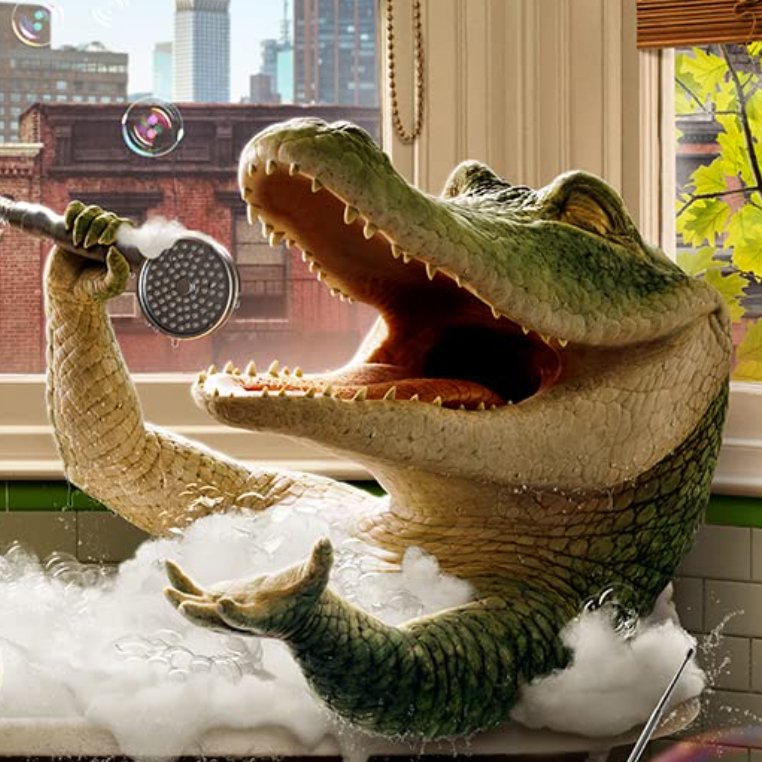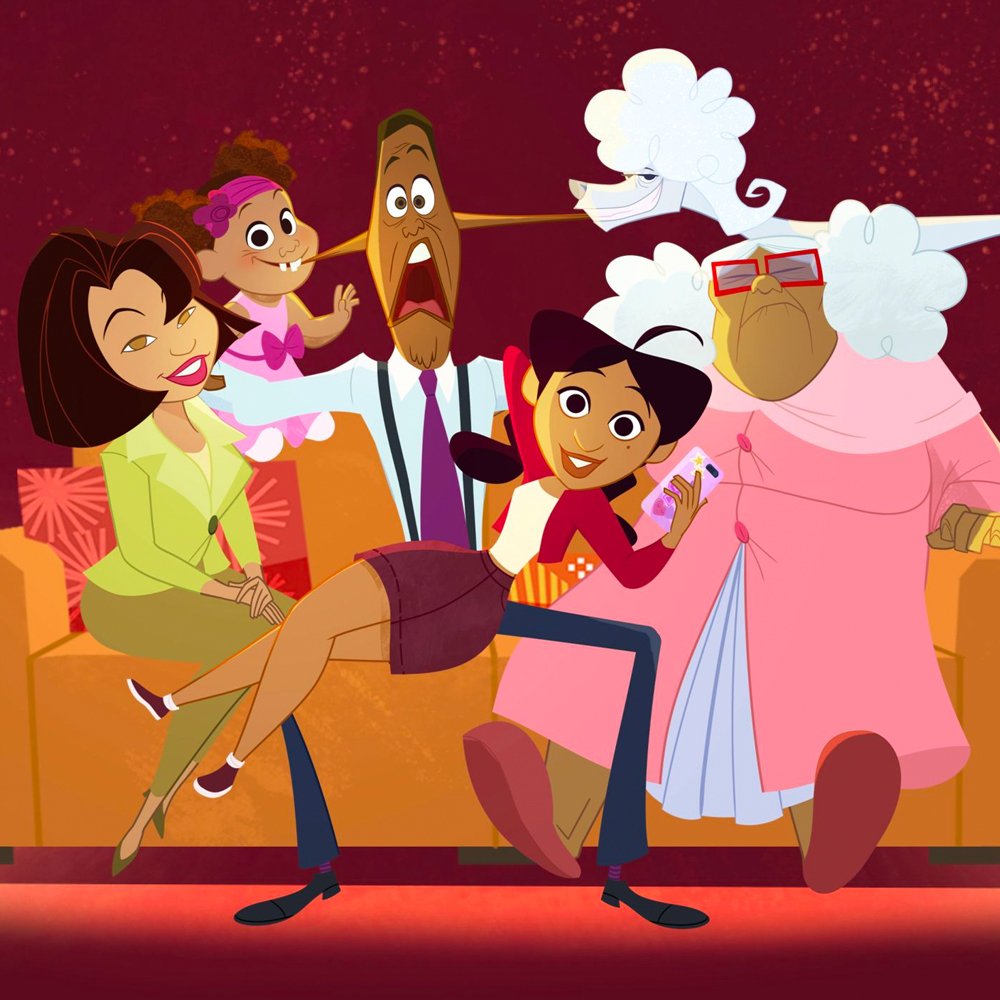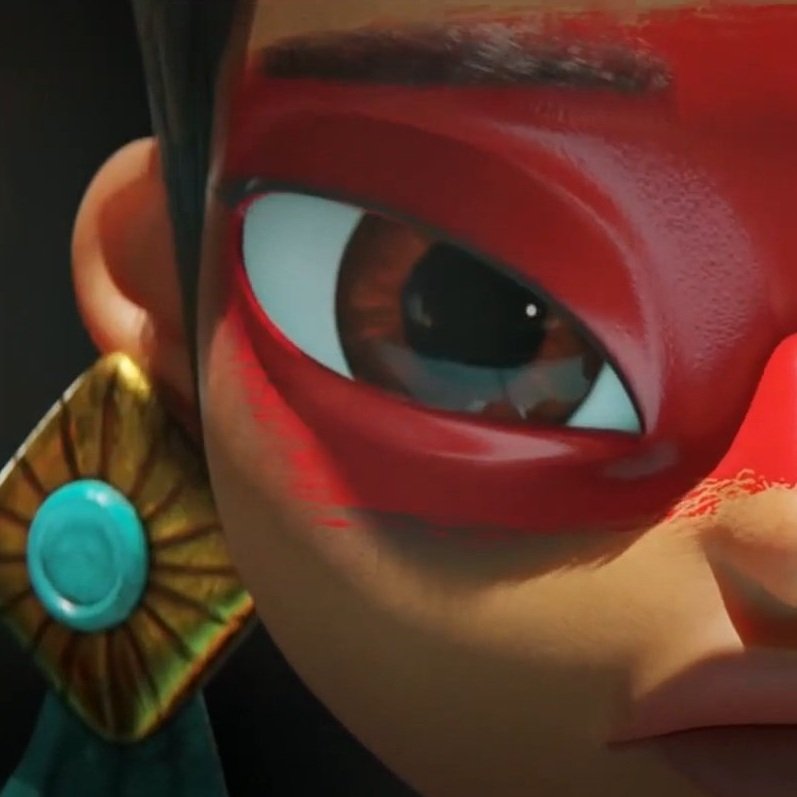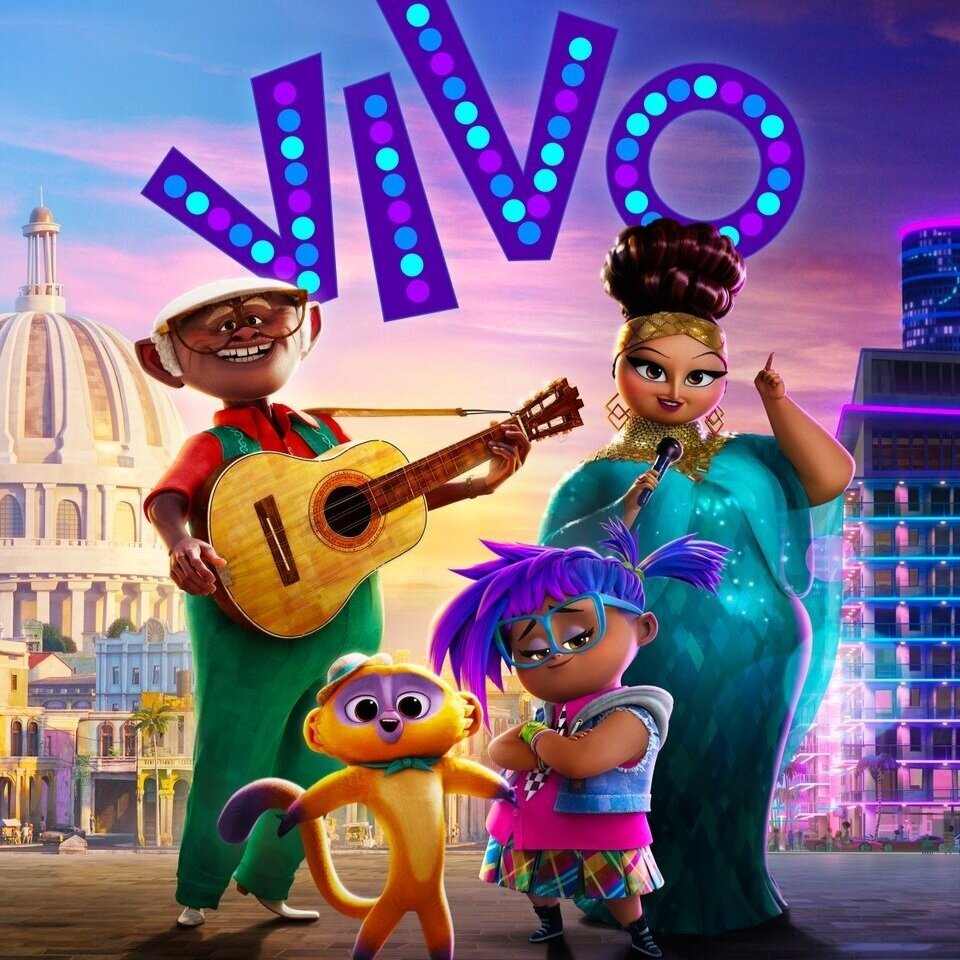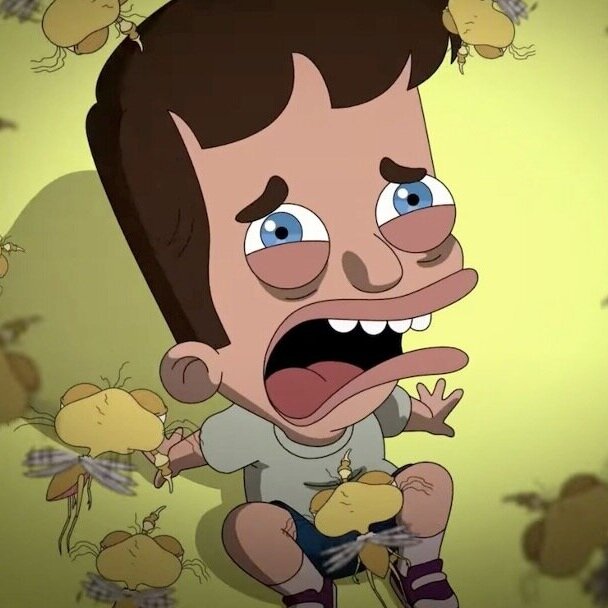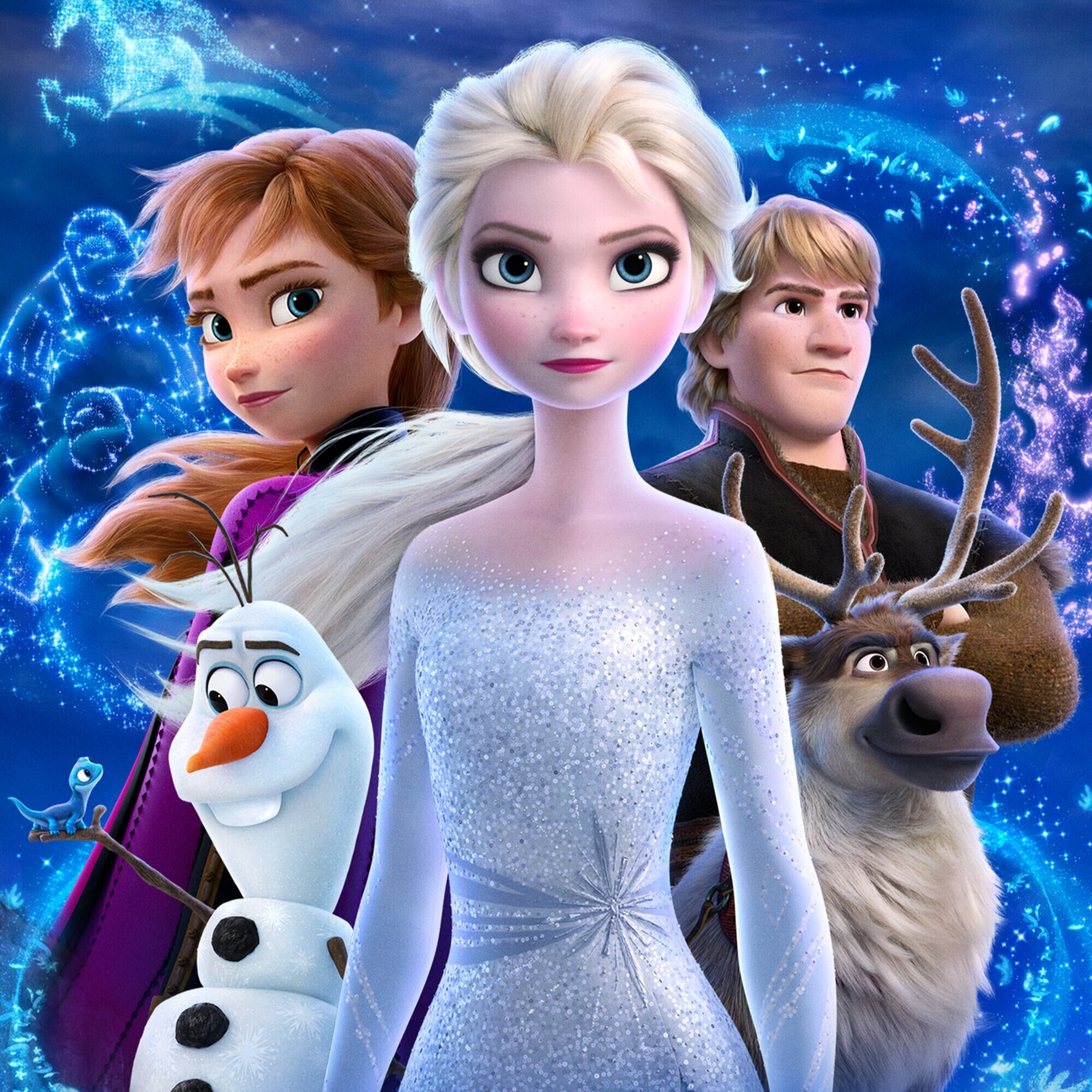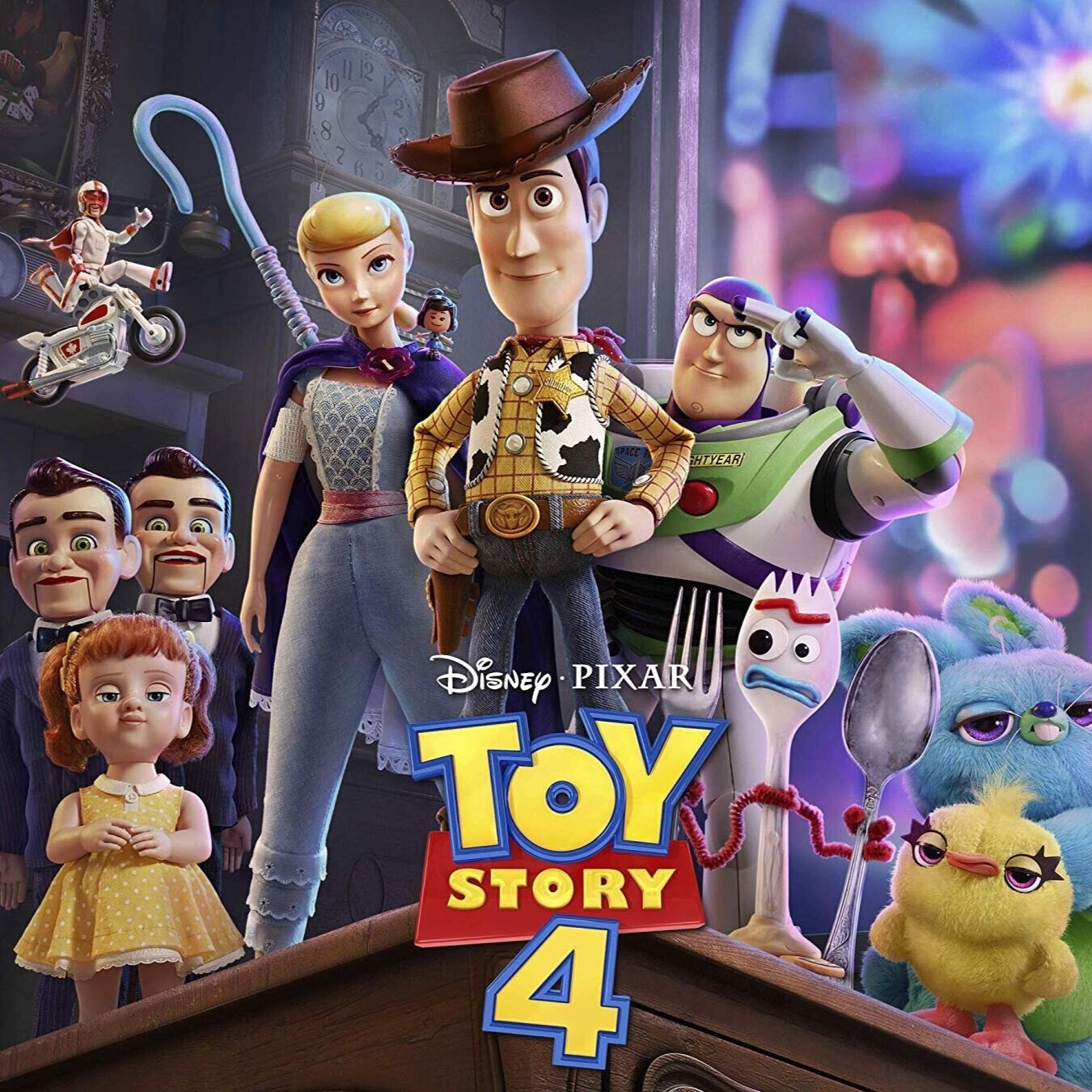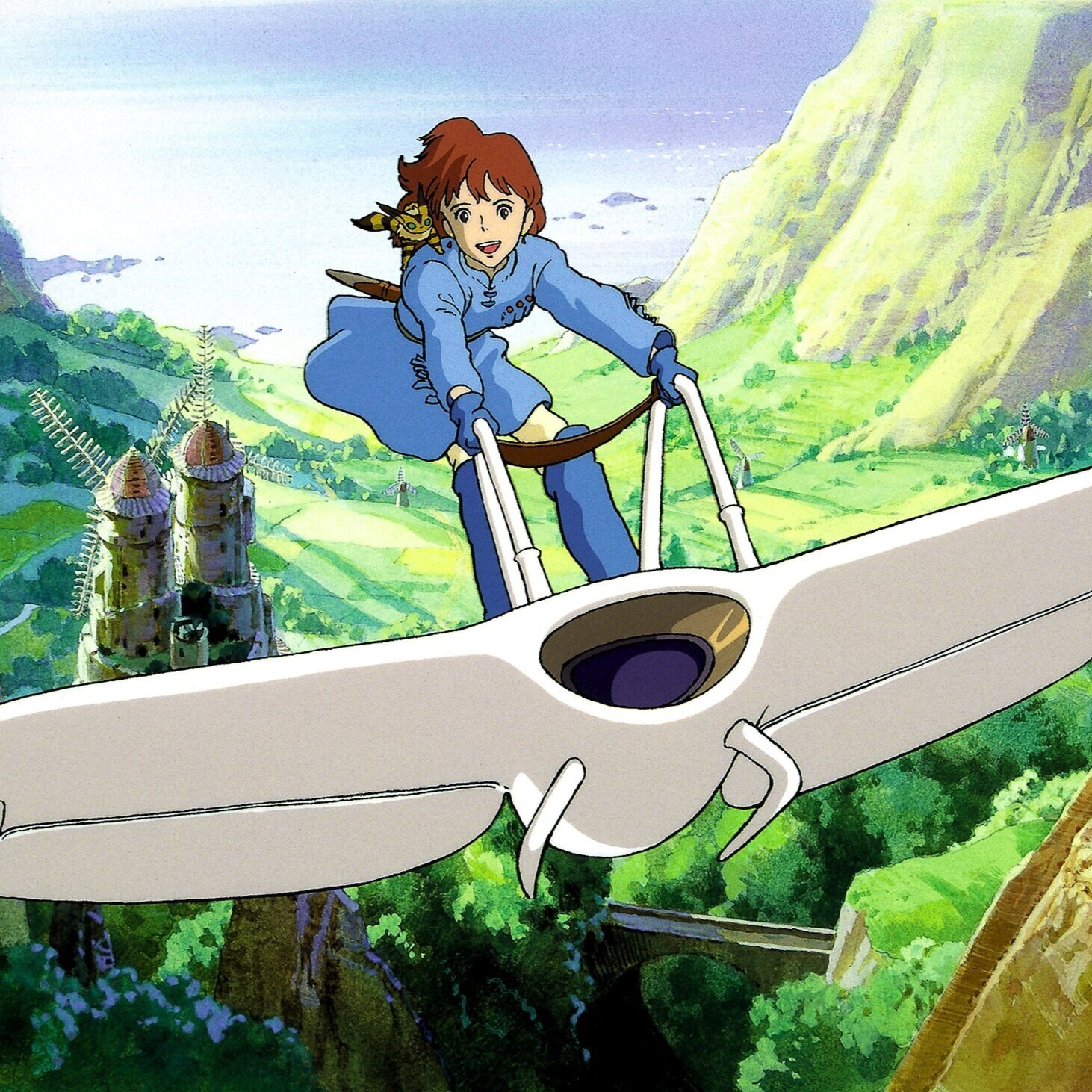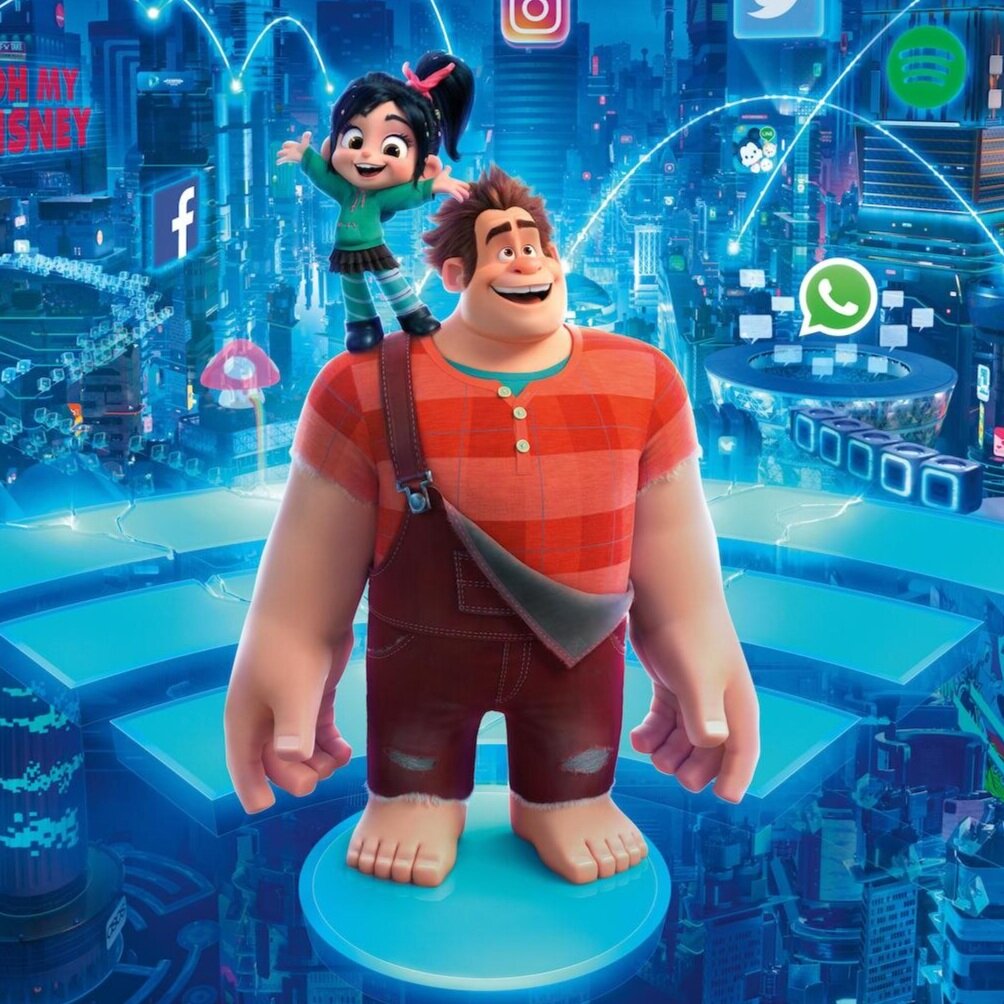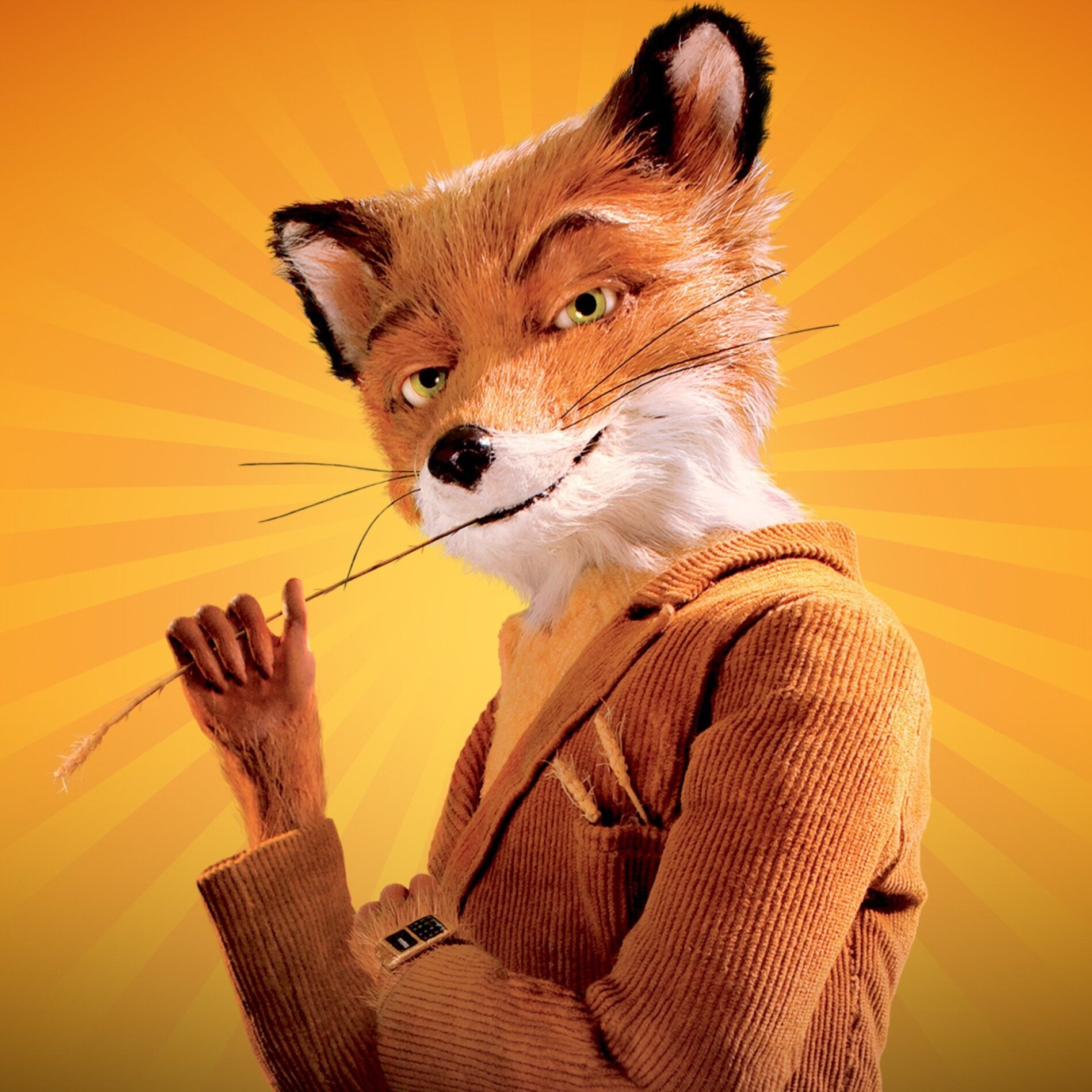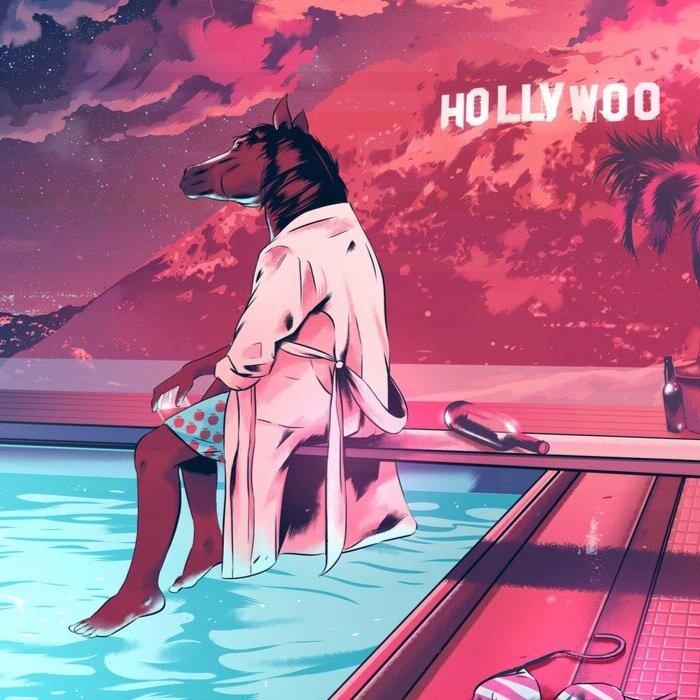Bojack Horseman Finale: Let the title reference how Mr. Peanutbutter miscommunicates on the phone
Written by Abhishek Patil
The last season of Bojack is out and I still can’t get over it. The last still shot and the last song (Catherine Feeney’s Mr. Blue) are going to stay in my memory for long, and the entire ending definitely makes it to my imaginary Best Endings Hall of Fame. While it’s going to take multiple viewings to fully digest all that happens in the last few episodes, these are my thoughts after my first viewing.
The show’s creators decided to split up the last season into two halves, with the first half released in October. The first eight episodes of the season started with Bojack checking into rehab, and starting the long battle to self-improvement. But, if the story until now is any indication, life is never as simple as that. Throughout the first half, we can sense the sharks circling around Bojack, with the semi-season(?) finale ending on a nerve-wracking final scene, which could potentially sever the most promising relationship in Bojack’s life.
To paraphrase the show itself, at a time when “sad is the new fun,” and warm wholesome comedies are being replaced by realistic and messed-up stories of human existence, Bojack Horseman has managed to be a class apart in its relatability. Few shows make you question your own mortality, and make you stare at a screen for that extra few seconds, dazed and at your most vulnerable, even after the episode has ended. Bojack excels at this, and does it without the crutch of futuristic science-fiction or the afterlife, like some of its spiritual competitors (Rick and Morty and The Good Place come to mind). The show, soon after shedding off its quasi-sitcom narrative in the first few episodes of season one, has been consistently producing some of the most heartbreaking, haunting, and honest portrayals of depression, addiction, and anxiety.
The final eight episodes start off with Bojack coming back as a drama professor at Wesleyan University, raring to start afresh. The excellent humour is back too. The visual gags, the animal puns (Bojack’s students call him “Horseprofessor”), the tongue-twisters, and the guest voices and appearances (including my personal favourite Esteemed Character Actress Margo Martindale, voiced by Margo Martindale). But, this time they aren’t enough to alleviate the mood. The consequences of Bojack’s actions are lurking around the corner. We can feel the inevitable coming closer. For people who have followed the show for six years, we knew it was never going to be a happy ending. We knew that Bojack could never get away with a clean slate, much like real life.
The past year has been a mixed one for finales and closure. As someone who was significantly excited about the final chapters of Star Wars and Game of Thrones, I must confess that I don’t think I had it in me to sustain another disappointing goodbye. But, what Bojack offers is much more than closure. In its last two episodes Bojack delivers two beautiful and devastating tales of loss, love, and farewells. Rather than ending with everyone happy and repaired, the series ends more like breakup of a relationship that has run its due course. Bojack entered our lives and made us feel less alone, and we should be grateful for that, but it was never meant to stay forever. It was never going to offer solutions or paint a pretty picture, just hold a mirror to our face. And, just like Bojack, this chapter of our lives has ended, but there is so much more to experience.
It still amazes me that the most profound and relatable show of our time is about a fictional Hollywood rip-off universe with anthropomorphic talking animals, and a narcissistic, abusive, talking horse as the focal point. It’s to the show’s credit that it made us understand that Bojack was more horse than a man, or he’s more man than a horse.

